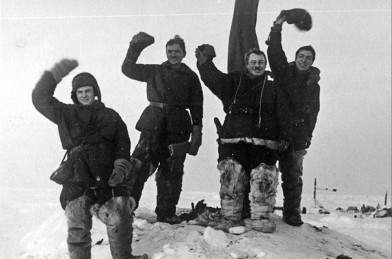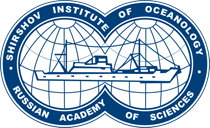 Polar Explorer's Day is a professional holiday established by decree of the President of the Russian Federation in 2013 in recognition of the merits of polar explorers. It is celebrated on May 21st. The date for this professional holiday was not chosen by chance - on May 21, 1937, the first scientific research expedition of the polar drifting station "North Pole-1" ("SP-1") began its work.
Polar Explorer's Day is a professional holiday established by decree of the President of the Russian Federation in 2013 in recognition of the merits of polar explorers. It is celebrated on May 21st. The date for this professional holiday was not chosen by chance - on May 21, 1937, the first scientific research expedition of the polar drifting station "North Pole-1" ("SP-1") began its work.
The decision to organize such a scientific station in the Arctic by the Soviet leadership was made in February 1936. Otto Schmidt was appointed head of the entire expedition, and Ivan Papanin was appointed head of the North Pole-1 polar station. In addition to them, the expedition also included oceanologist Pyotr Shirshov (later - the first director of our Institute), geophysicist-meteorologist Evgeny Fedorov and radio operator Ernst Krenkel. Among the tasks that were set to the "SP-1" is the conduct of oceanographic, meteorological and geophysical research in the interests of the development of the Far North, including the development of the Northern Sea Route. On May 21, 1937, the station began its work. Each new day of stay at the North Pole brought important results and discoveries to researchers (one of the first was that the depth of water under the ice is 4290 meters). "SP-1" worked on a drifting ice floe for 274 days and during this time was taken out by ice drift through the strait between Greenland and Spitsbergen to the Greenland Sea (it traveled 2050 km). But the ice floe on which the station was located was repeatedly broken under the influence of strong compression, and it was decided to end the expedition. On February 19, 1938, the polar explorers were taken on board by the icebreakers Taimyr and Murman.
During the work of the expedition, the researchers collected scientific material, unique for that time, which for the first time in history made it possible to obtain reliable data on the nature of the North Pole and the processes taking place in this territory. SP-1, becoming the world's first research drifting station, opened a new era in the study of the Arctic, and the results of its work entered the golden fund of world science.
The Polar Explorer's Day itself appeared in the calendar of holidays in Russia at the initiative of the special representative of the president for international cooperation in the Arctic, Artur Chilingarov.



